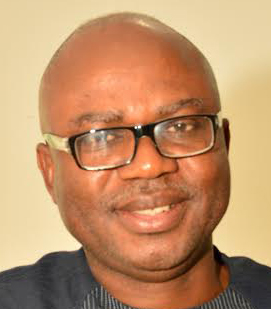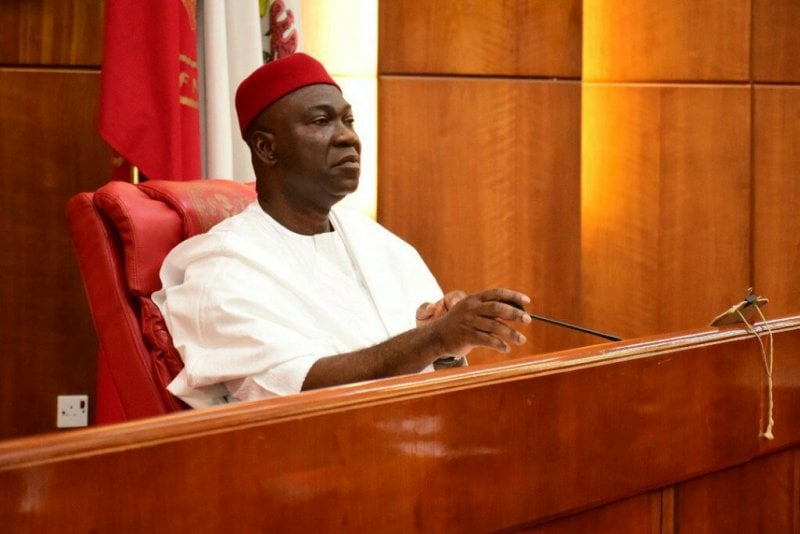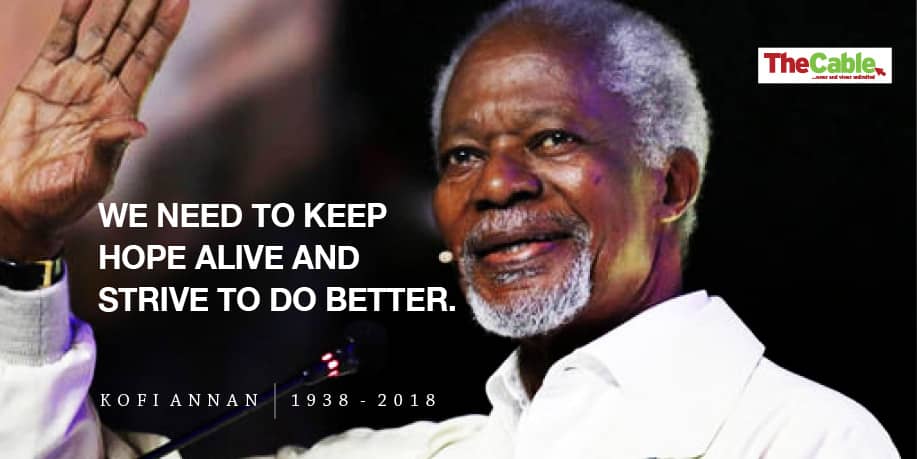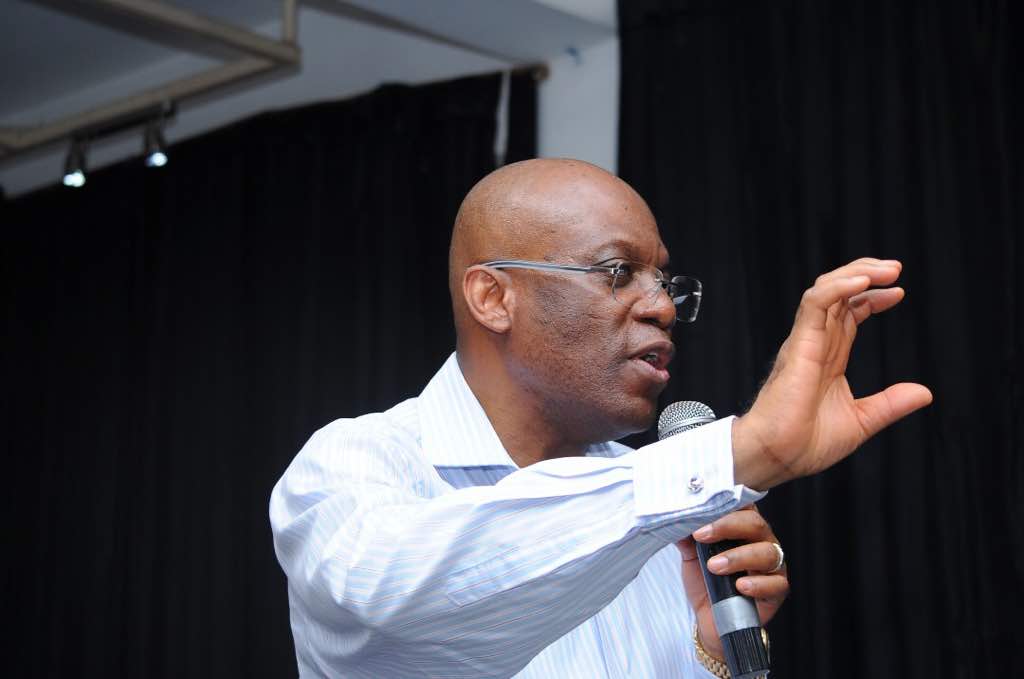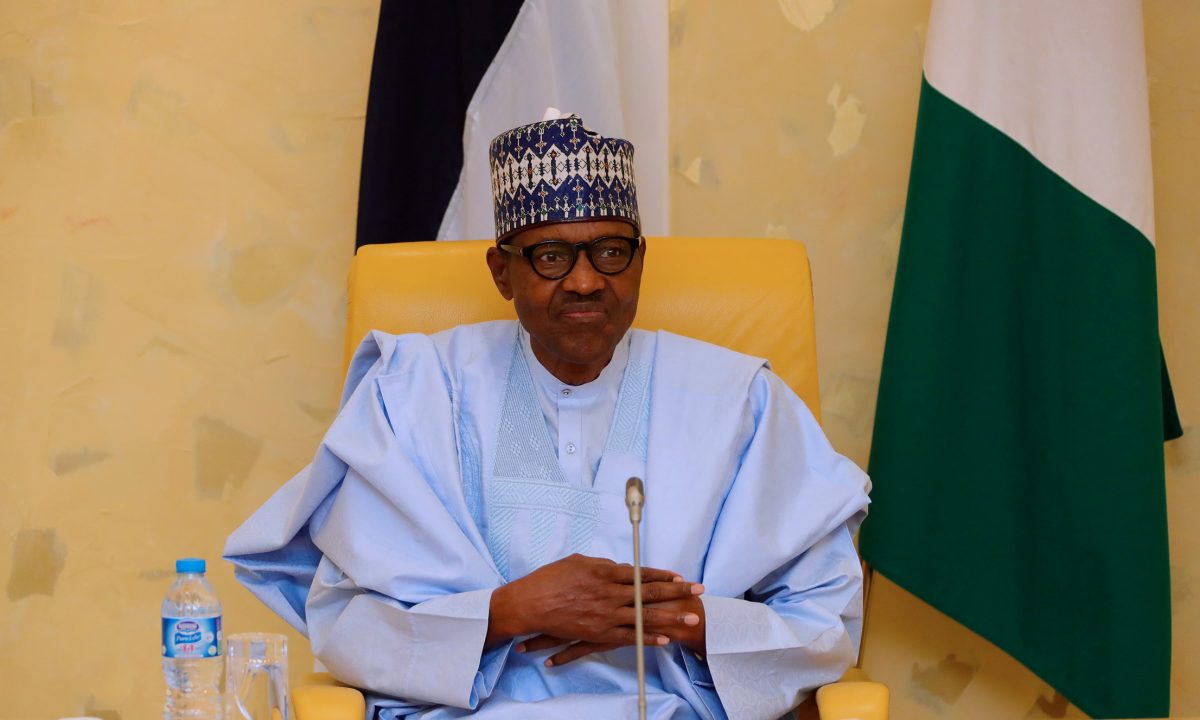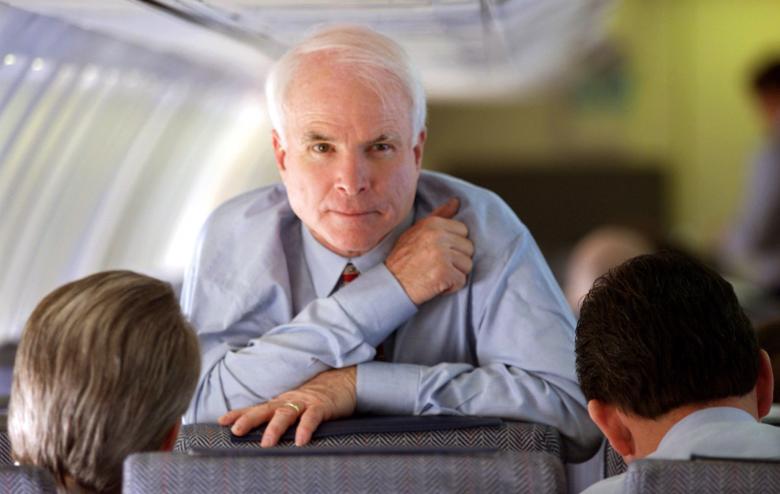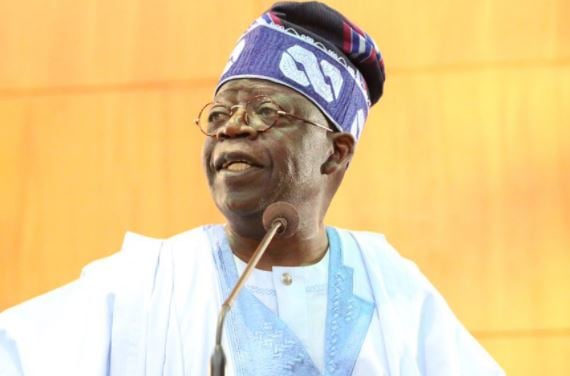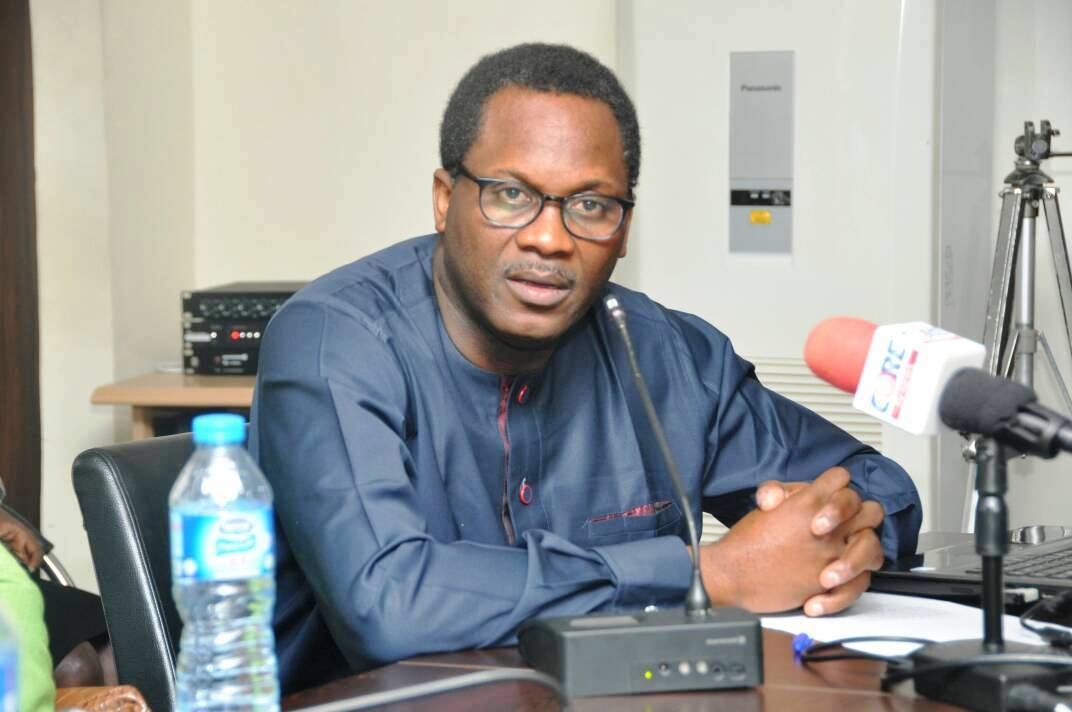With a 400-word post on Facebook last Wednesday, deputy Senate president Ike Ekweremadu has set the Nigerian media buzzing. Though he said nothing new – he renewed a proposal for a single term of five or six years for president and governor to reduce the “feverish political climate” that always precedes elections in the country – he has received mainly knocks from commentators who have taken it personal. But I have no difficulty in giving him kudos for queuing behind us in the pro-restructuring clamour.
It’s a proposal many have canvassed since 2000 and earlier. The constitution conferences of 1994 and 2004 prescribed it. A group of eminent Nigerians known as “The Patriots” and another group of religious leaders did sell the idea to then president Obasanjo. The National Assembly set up a constitution amendment committee and empowered it with billions of naira in 2001. And soon after the 2011 polls, then president Jonathan forwarded a bill for a single tenure to the National Assembly. No need mentioning several of us columnists – we’re little voices that could be ignored.
The 1999 Constitution, which almost everyone has admitted is faulty (especially as it lies in its very first sentence), has barely been retouched, almost 20 years later, because Nigeria has faced a crisis of statesmen who “think of the next generation” rather than the next election. And so, we’ve grappled with an unsustainable presidential system borrowed from America while we’ve failed to conduct our affairs the way Americans do.
Senator Ekweremadu has perhaps become one of the voices of reason in the corridors of power. As the topmost opposition politician now (and likely a sought-after presidential running mate soon), his voice should carry weight. I consider him a big fish in our campaign for restructuring. Nigeria will not make appreciable progress until we’ve restructured our politics, our economy, our culture, our education system and everything else.
Advertisement
I believe, however, that the “toxic” political atmosphere the senator wrote about is caused more by the perks of political offices than just a quest for a second term or “desperate efforts to retain power at all cost and by all means”. For the situation has been made worse by a “rigged” income policy. Each month, fewer than 18, 000 officeholders receive more than 30% of what all other Nigerians receive as salaries and allowances. A presidential candidate buys nomination and INEC forms with more than N30m, yet a president’s legitimate income in four years is less than N20m. Likewise, a governorship candidate pays up to N20m for forms, even though an elected governor’s total pay throughout his tenure is less than N15m. Who is fooling whom?
Everything is wrong with the way we select leaders who run our governments. Many have called for a return to the parliamentary system because it’s less costly. But what happened to Option A4 invented by the Professor Humphry Nwosu-led NEC in 1992? Would it not pay better if all elections – including party primaries and the general election – were done by electoral colleges comprising delegates chosen from the wards through LGAs and states up to the national level? Nigeria has been in perpetual electioneering since 1999 because, every now and then, enormous funds are wasted on the conduct of the various local, state and federal elections. A whopping N242billion has just been budgeted for the 2019 polls! And that’s for INEC alone – incumbents and their challengers from 91 parties must amass their own war chests. Yet, all these have not often led to the declaration of the electorate’s choices as winners or the election of the most qualified candidates.
I wish the senator from Enugu West could help us to say more, so that maybe he would be listened to. To make political offices less attractive and ease tension before elections, some of us have proposed abolishment of security votes, transparency in award of contracts, part-time unicameral legislature at all levels, and non-selective anti-corruption war. This country direly needs a surgical operation – without a major restructuring, it is not going anywhere: corruption won’t stop, and the economy would remain in a cesspit. I’ve said this several times in the past 10 years. No amount of propaganda can deface the truth.
Advertisement
Ekweremadu comes from a part of the country that has been crying against marginalisation for a long time. If he succeeds in rising to a higher office next year (as vice president or Senate president perhaps), he should say more and do more than publishing a post on Facebook. A new constitution should consider letting Nigeria have a weak centre in a two-tier structure: six regions and a central government.
Among the other items I expect to see in a restructuring plan is a credible census. We don’t even know how many we are. Yet, in this age of ICT, having a national database is as easy as swallowing a ball of fufu. An accurate population census should go hand in hand with issuance of a national identity card to every adult Nigerian. The ID card would then serve as a voter card and also be used for tax payment. That will solve for the nation a mountain of problems including insecurity, election rigging and tax dodging.
Next: payment of civil-service salary to public officeholders, a token sitting allowance to lawmakers who would work on a part-time basis. Anyone wishing to serve shouldn’t expect riches. Every source of wealth must be laid bare, and all unexplained assets should be forfeited to the state. An act of corruption should attract the death penalty. That would make political offices less attractive and save the nation about N4trillion each year.
Economic reforms are desirable also. The weekly sale of foreign currencies should end; banks or importers should be free to source their foreign exchange anywhere but the Central Bank. That way, the naira would find its level. Even if N2, 000 exchanged with $1 in the short term, things won’t get worse than they are now. It would be interesting to watch those that would buy private jets or import toothpicks.
Advertisement
Security threats would cease if job opportunities were created for the youth. Accordingly, our education system should be tied to jobs – institutions should run only courses relevant to available industries. We must begin to de-emphasise paper certification and emphasise skills in order to produce job creators rather than jobseekers. We should throw our borders open to foreigners. They should come, invest in Nigeria and compete with Nigerians. Let them generate and distribute power sourced from coal, solar, water or nuclear plants. Lease our vast farmlands (including Sambisa Forest and Lake Chad) to serious farmers from Zimbabwe, South Africa, India, China and Israel.
If we desire a restructuring agenda, there it is! Any fundamental change will require an overhaul or replacement of the current defective constitution. We’ve been dying in instalments because we’ve refused to do what is right. A cabal seems to be holding Nigerian leaders hostage, and maybe that’s why many of them are unable to see clearly until after they have left office. Someday, Ekweremadu might well become the revolutionary leader needed to slay the cabal.
Nwamu is the CEO of Eyeway.ng.
Advertisement
Views expressed by contributors are strictly personal and not of TheCable.
Add a comment
